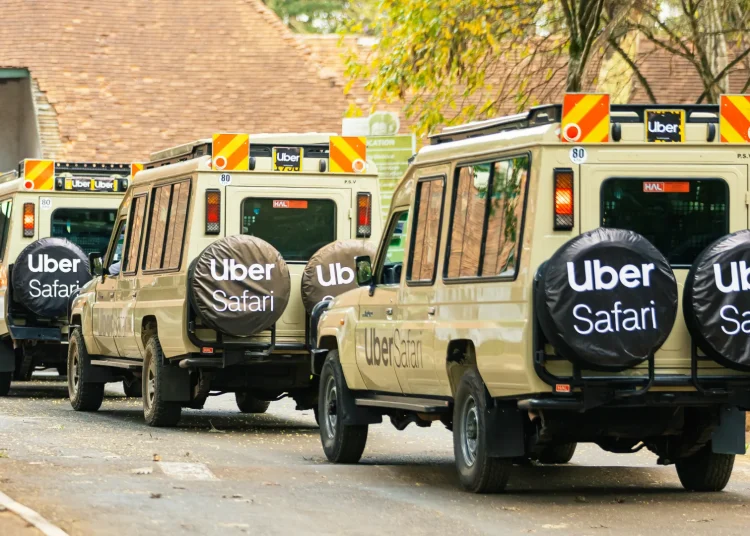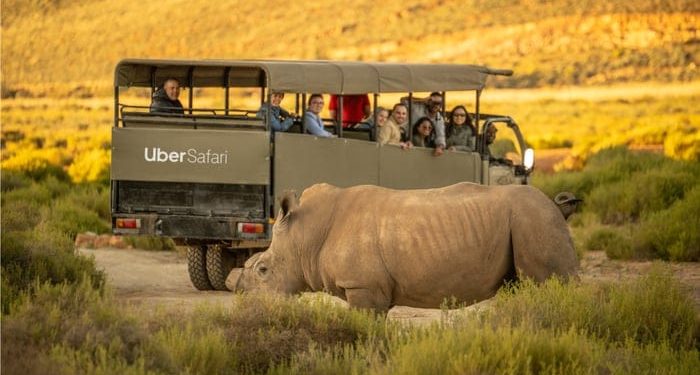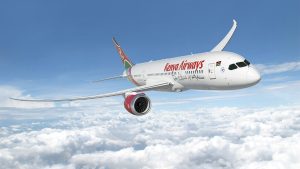

Nairobi visitors can now request more than just an airport taxi or a boda ride through the Uber app. The company has introduced Uber Safari, allowing travelers to book a 4X4 Land Cruiser for KES 25,000, with space for up to seven passengers. Park entry fees are paid directly to the Kenya Wildlife Service (KWS).
The move has stirred debate in Kenya’s tourism sector. Tour driver-guides fear lost opportunities, tour operators are concerned about pricing and commissions, and travel agents are questioning what this means for their role as trusted advisors. Vehicle owners, meanwhile, are watching closely to see how the model unfolds.
For many, Uber Safari addresses a long-standing challenge: last-minute bookings. Delegates in Nairobi for meetings or conferences often want to visit Nairobi National Park before departing. Traditional arrangements through hotel desks, travel agents, or operators can collapse when group sizes shrink or payment delays occur. By contrast, Uber provides instant confirmation, secure payment, and standardized pricing, eliminating the need for multiple calls or cash transactions.
Industry experts say this convenience could help attract more visitors to the park. But they caution that technology cannot replace professional travel services. “Travel agents and licensed operators bring expertise, safety, and creativity to the safari experience,” noted one industry observer. “Uber may get people to the park, but agents and operators design the journeys that keep them coming back.”
The launch also raises regulatory questions. Kenya’s tourism industry is governed by rules requiring licensed operators, insured vehicles, and certified guides. Associations such as KATA (Kenya Association of Travel Agents), KATO (Kenya Association of Tour Operators), and TOSK (Tour Operators Society of Kenya) have stressed that compliance is essential to protect travelers and ensure fair competition.
Uber’s entry into the safari space could push the sector toward greater transparency and predictable pricing. At the same time, it challenges traditional operators to adapt by offering unique, high-value experiences beyond a simple game drive. Nairobi, after all, has more to offer than its famous park, from cultural immersions to culinary tours and nightlife.
As travel booking becomes increasingly digital and fragmented, Uber Safari represents both competition and opportunity. The consensus among industry players is clear: regulation must ensure fair play, while innovation and professionalism will determine who thrives.



